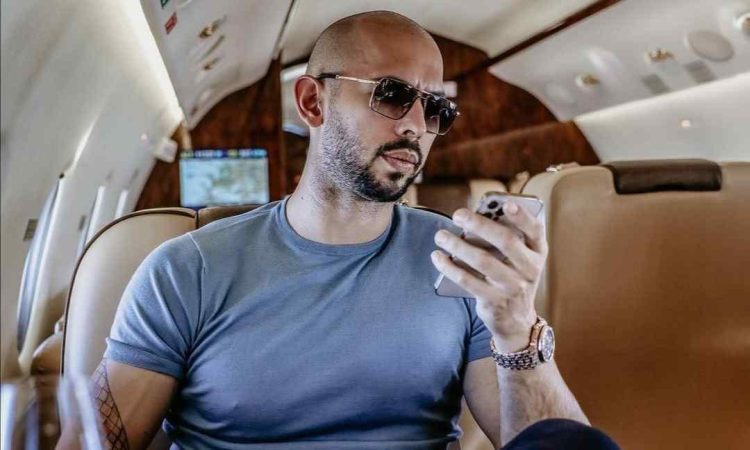
Online education platforms promise to teach individuals how to make money online. Among these, Andrew Tate’s university, known as the Real World program, has garnered significant attention. Before diving into the Real World program, it’s crucial to understand its creator. Andrew Tate is a former world-champion kickboxer who transitioned into entrepreneurship and online education. Known for his controversial statements and luxurious lifestyle, Tate has built a following on social media platforms. His background in kickboxing has influenced his aggression in business and life, reflected in his educational content.
Real world program- An overview
Andrew Tate’s University’s Real World program is an online educational platform designed to teach students how to make money online through various business models. Unlike traditional academic institutions, the Real World focuses exclusively on practical skills for generating income in the digital age.
The program covers a wide range of topics, including:
- E-commerce and dropshipping
- Cryptocurrency trading and investing
- Copywriting and content creation
- Social media marketing and personal branding
- High-ticket sales and negotiation
- Mindset development and personal growth
The Real World program emphasizes hands-on learning and immediate implementation of strategies. Students are encouraged to act and build their online businesses while progressing through the course material.
Fundamental principles of the real world program
- Multiple income streams
The core teaching of the Real World program is the importance of developing multiple income streams. This approach aims to reduce reliance on a single source of income and financial stability.
- High-ticket focus
The program encourages students to focus on high-value products and services competing in low-margin markets. This strategy maximizes profits and minimizes the time and effort required to generate substantial income.
- Leveraging social media
Given Andrew Tate’s significant social media presence, the Real World program strongly emphasizes building and monetizing a personal brand across various platforms. Students are taught to use social media to attract clients and customers.
Actual World program has both fervent supporters
- Practical vs. Traditional education
Supporters argue that the Real World program provides practical, immediately applicable skills that traditional universities often need to improve. Critics, however, point to accreditation and question the long-term value of the education provided.
- Success stories and skepticism
While the program boasts numerous success stories from students who claim to have achieved financial freedom, sceptics question the integrity and representativeness of these claims. The independently verified success rates add to this scepticism.
- Ethical considerations
The strategies taught in the program have raised ethical concerns. Critics argue that specific techniques border on manipulative marketing practices or promote expectations of quick wealth.
- Cost and accessibility
The Real World program has a significant price tag, which has been a point of contention. Supporters argue that the potential return on investment justifies the cost, while critics claim it causes financial strain for students.
- Personality-driven education
An analysis of Tate’s University reveals a heavy reliance on Andrew Tate’s brand and charisma. While this can be engaging for students, it also raises questions about the objectivity and universality of the education provided.
The Real World program, Andrew Tate’s approach to teaching online money-making strategies, represents a significant shift in the landscape of online education and digital entrepreneurship. However, potential students should carefully consider the Real World program and similar platforms.




